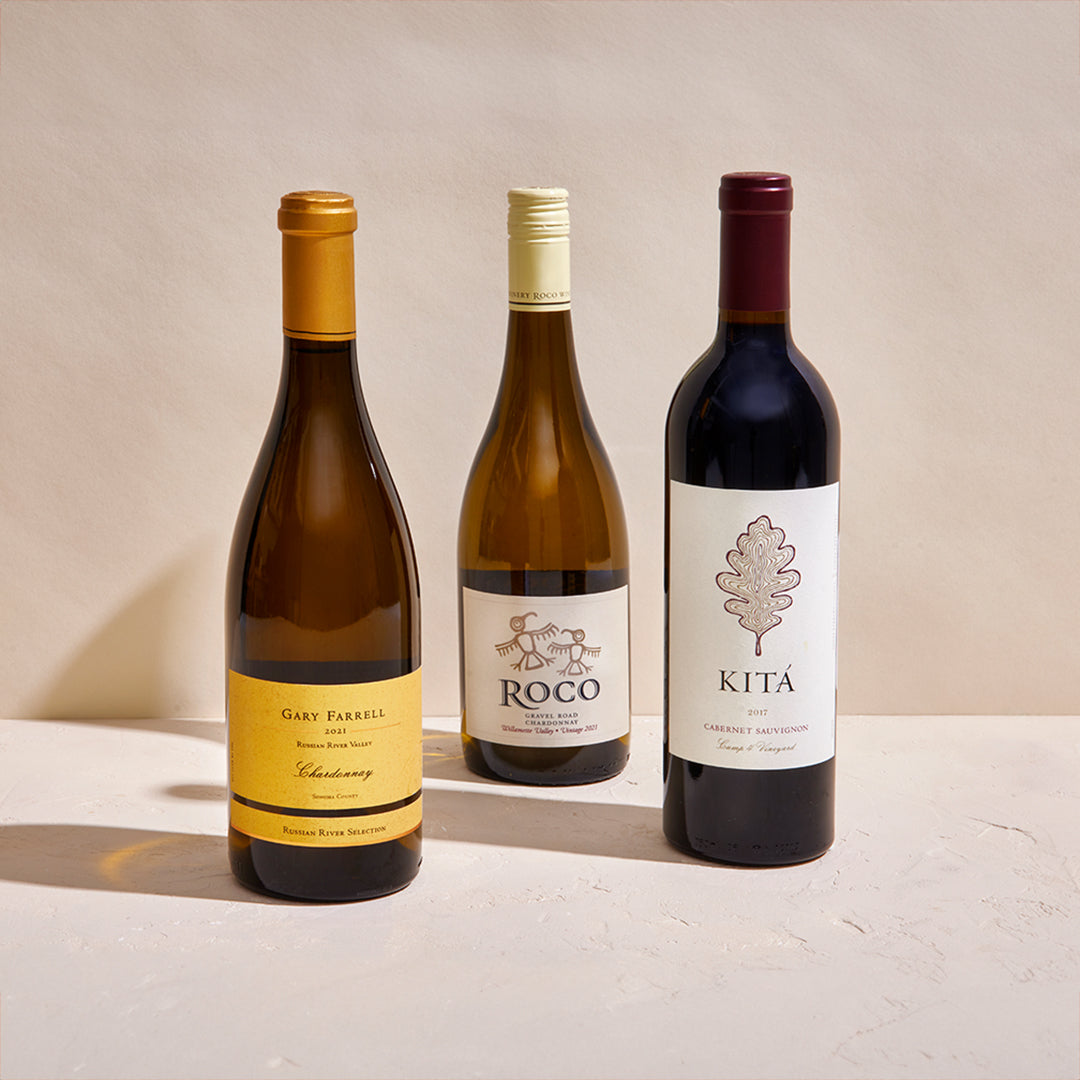
Are you old enough to Drink Progressively?
Clicking below confirms you are 21+.
Customers outside of MA, NH, RI, + VT will be redirected to our DC site.
*8R* 2017 Kita Cabernet Sauvignon (Santa Ynez Valley, CA)
8R
Old World subtlety is replaced with a juicy New World palate. Real fullness begins here.
*8R* 2017 Kita Cabernet Sauvignon (Santa Ynez Valley, CA)
Notify me when this product is available:
An intensely deep-colored wine with a beautiful nose of boysenberries, black currant. sweet tobacco and cedar that is complimented by hints of vanilla, dried sage, and red plums. The taste is rich in texture with complex flavors of red cherries, espresso, roasted bell peppers, eucalyptus, and dried herbs. The dynamic fruit flavors on the palate blend into the velvety yet defined tannins for a dynamic, lengthy finish. This wine is purely balanced with a fresh intensity that is a culmination of elegance and grace." - Tara Gomez
About The Varietal
Cabernet Sauvignon
Frequently linked with Bordeaux wine blends and Napa Valley, Cabernet Sauvignon is a grape variety that has achieved global popularity. This is largely attributed to its coveted blend of black fruit scents, firm tannins, and vibrant acidity.
How To Enjoy
Enjoy with burgers, meatloaf, chicken thighs, and hearty vegetables.

About The Producer
Kita
Kita is the first wine brand owned by a Native American tribe headed by a Native American winemaker. Due to unfortunate economic conditions, Kita decided to close its doors for good this past April leaving behind one last vintage. Founded in 2010 by descendants of the Chumash of Coastal California, Kita began producing high quality wines in the Santa Ynez Valley, grown on the traditional land of the Chumash people.











